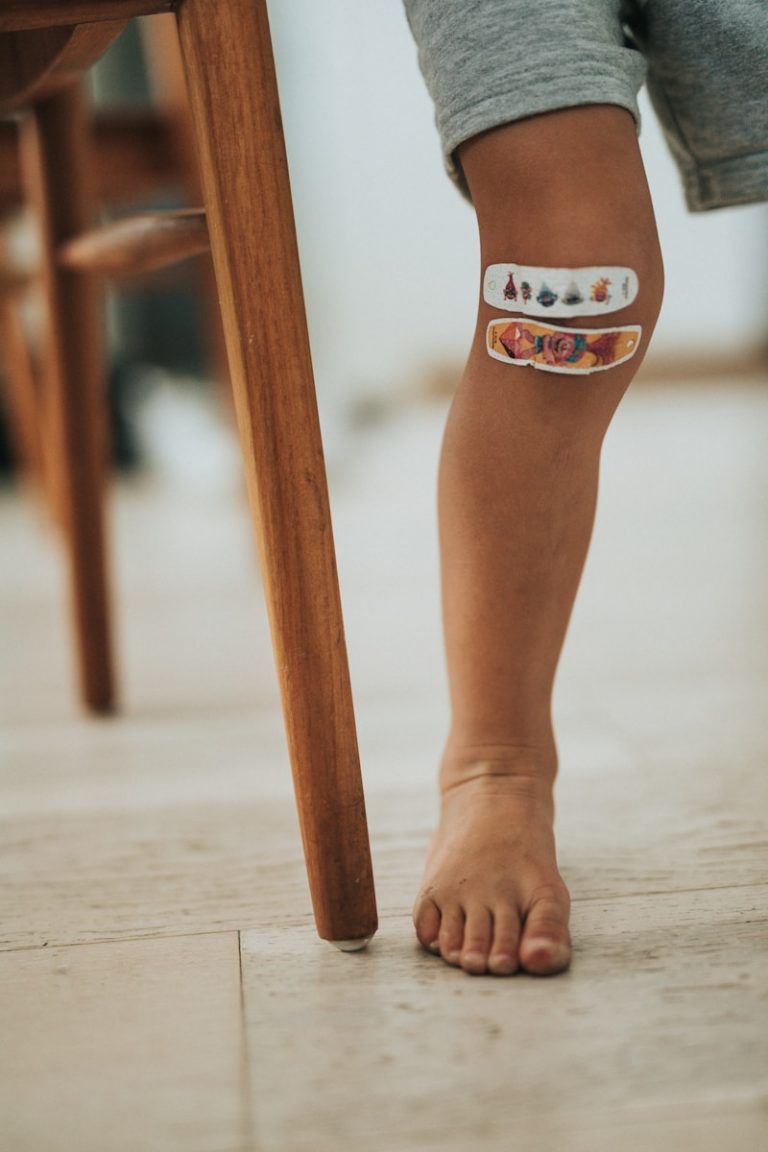When a loved one suffers a personal injury, it can be a challenging and emotional time for everyone involved. Providing the right support is crucial for their recovery and well-being. Here are some practical steps to help you navigate this difficult period and be there for your loved one.
Story Stages
Listen and Communicate
One of the most important things you can do is to listen. Allow your loved one to express their feelings, fears, and frustrations. Show empathy and understanding, and avoid interrupting or offering unsolicited advice. Communication is key, so encourage them to share their thoughts and experiences.
Offer Practical Assistance
Personal injuries often come with physical limitations. Offer to help with daily tasks such as grocery shopping, cooking, cleaning, or running errands. This assistance can relieve some of the burden and stress they might be feeling.
Help Manage Medical Appointments
Keeping track of medical appointments, treatments, and medications can be overwhelming. Offer to accompany them to their appointments, help with scheduling, or manage their medication routine. Having someone to lean on during medical visits can provide emotional support and ensure they understand their treatment plans.
Encourage Self-Care
Recovery from a personal injury can be physically and emotionally taxing. Encourage your loved one to engage in self-care activities such as gentle exercise, healthy eating, and relaxation techniques. Supporting their mental health is just as important as their physical recovery.
Be Patient
Recovery is often a long and unpredictable journey. Be patient and understanding, recognizing that progress may be slow and setbacks are common. Your consistent support and encouragement can make a significant difference in their recovery process.
Educate Yourself
Take the time to learn about their injury and the recovery process. Understanding what they are going through can help you provide more effective support. It also shows that you care about their situation and are committed to helping them through it.
Offer Emotional Support
Emotional support is crucial for someone recovering from a personal injury. Be a source of positivity and encouragement. Offer a shoulder to cry on, provide words of affirmation, and be there during difficult times. Sometimes, just knowing someone cares can make a world of difference.
Respect Their Independence
While it’s important to offer help, it’s equally important to respect their independence. Allow them to do as much as they can on their own and avoid being overly protective. This can boost their confidence and promote a sense of normalcy and control.
Seek Professional Help When Needed
Sometimes, professional help is necessary. If your loved one is struggling with severe pain, emotional distress, or difficulty managing daily activities, encourage them to seek help from medical professionals, therapists, or support groups. Professional guidance can provide specialized care that might be beyond your capability.
Stay Positive
A positive attitude can be contagious. Try to stay optimistic and focus on the progress they are making, no matter how small. Celebrate milestones and encourage them to keep moving forward. Your positivity can inspire and motivate them throughout their recovery journey.
Consider Legal Assistance
In some cases, your loved one might need legal assistance to handle the complexities of their situation. Finding a lawyer who specializes in personal injury cases in Las Vegas, for example, can ensure they get the best possible advice and representation. Legal professionals can help navigate the claims process, negotiate settlements, and provide peace of mind during a stressful time.
Supporting a loved one after a personal injury requires compassion, patience, and practical assistance. By being there for them in meaningful ways, you can help them navigate this challenging time and contribute to their healing process. Remember, your support can have a profound impact on their recovery and well-being.
